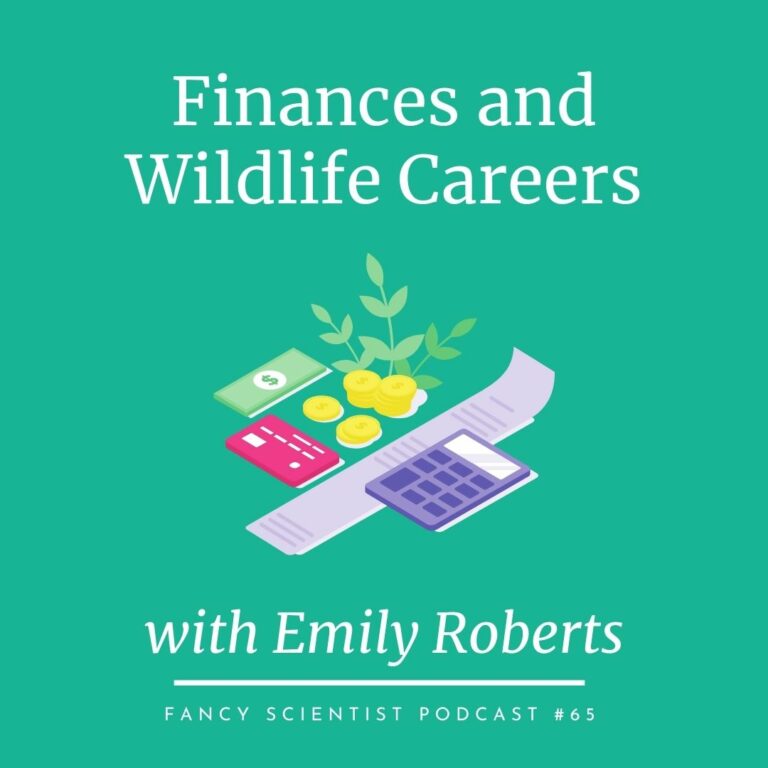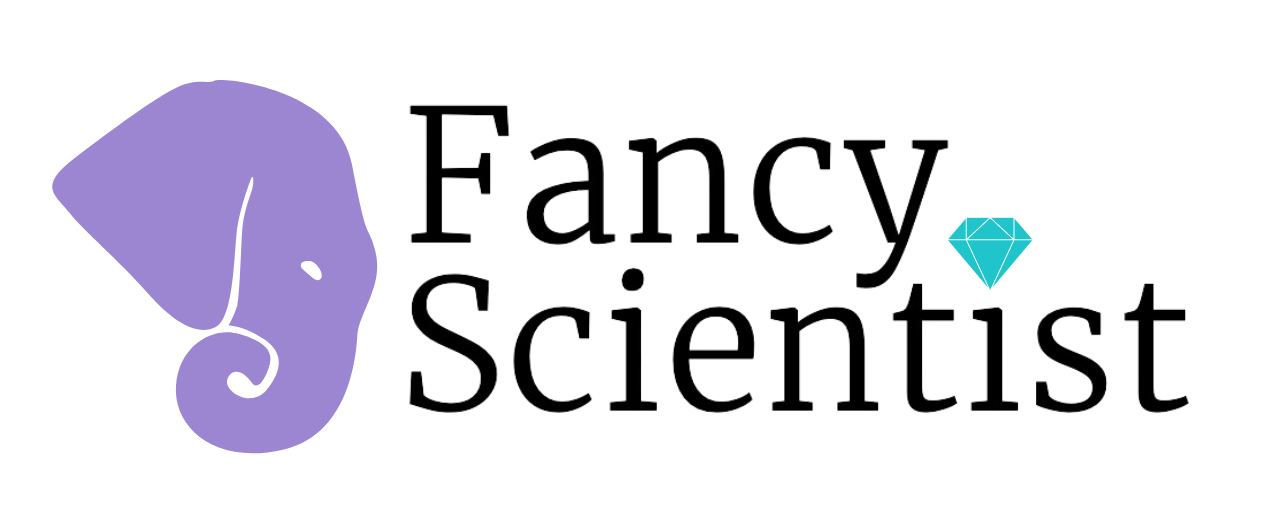You get a degree and then a job, right? That’s how it is supposed to work. But in wildlife biology, ecology, and conservation careers, it’s not so straightforward.
In the wildlife science realm, you need experience, but the crazy thing is, that in our field, a lot of experiences are unpaid. Even though they are full jobs, quite often they don’t pay.
Powered by RedCircle
To be honest, it is extremely hard to get into this field without any volunteering. There are very few programs that will give someone with no experience a paid work opportunity.
On top of that, once you graduate, most jobs are temporary, low-paying, and seasonal. Even if you do find a job, you might be trying to piece together these positions, and often across different areas of the country (moving is expensive).

Unfortunately, finances are something you need to think about before you enter this career.
Therefore, I thought it was a great idea to invite my friend Dr. Emily Roberts of Personal Finance for Ph.D.s for a dual interview for both of our podcasts. Emily’s mission is to inspire and empower early-career Ph.D.s to make the most of their money. She engages with graduate students and postdocs through her Personal Finance for PhDs seminars, coaching, and websites.
In this episode, we talk about all of the financial realities of going into a career in wildlife science.
Specifically we discuss:
- What are pay-to-play jobs and experiences
- Why you will probably need to volunteer before you get a paying job
- What should you expect financially in a career in wildlife biology
- How you can better prepare yourself financially
- Alternatives to careers in wildlife biology that can still satisfy your need to help wildlife/conservation
- and MORE!
Resources and Sources inFinances and Wildlife Careers
Love this post? Share it with friends!




